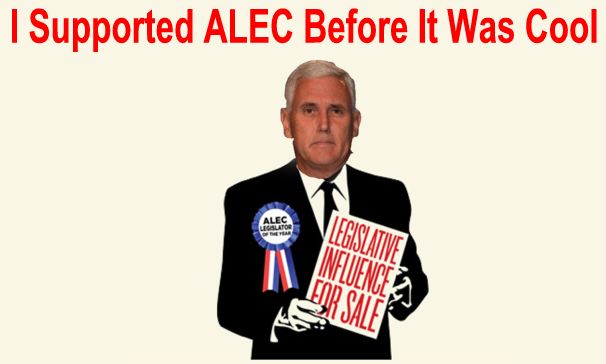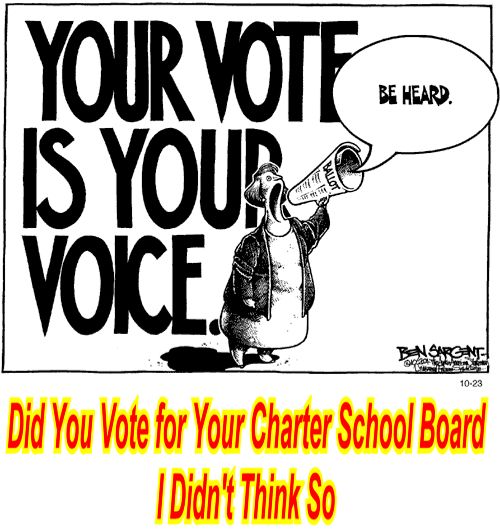State Schools Superintendent Tom Torlakson Announces Help is Available for Schools Damaged by Wildfires

SACRAMENTO – State Superintendent of Public Instruction Tom Torlakson today announced that school districts, charter schools, and county offices of education will continue to receive state funding despite a possible loss of student attendance revenues because of wildfires.
"First let me share my deepest sympathies for the families, firefighters, first responders, communities, students, and school districts that have been affected by the wildfires," said Torlakson.
"California’s schools provide a great education, and many students also rely on their school for breakfast, lunch, and before and after school programs. The California Department of Education is available to help districts continue to receive funding for all of these crucial programs.”
School districts are funded based on the average number of students they serve each day. In an emergency, a district can request a waiver to receive funding for students displaced by fires even if the student temporarily enrolls in another district. Districts should consult the CDE Management Advisory 90-01 Web page.
Also, districts with portable classrooms that can be loaned to fire-damaged schools can notify the CDE School Facilities and Transportation Services Division. Division staff can help connect schools with spare portables and school sites that need temporary classrooms.
# # # #
Tom Torlakson — State Superintendent of Public Instruction
Communications Division, Room 5206, 916-319-0818, Fax 916-319-0100
Communications Division, Room 5206, 916-319-0818, Fax 916-319-0100
Last Reviewed: Monday, August 22, 2016
Help is Available for Schools Damaged by Wildfires - Year 2016 (CA Dept of Education):

















